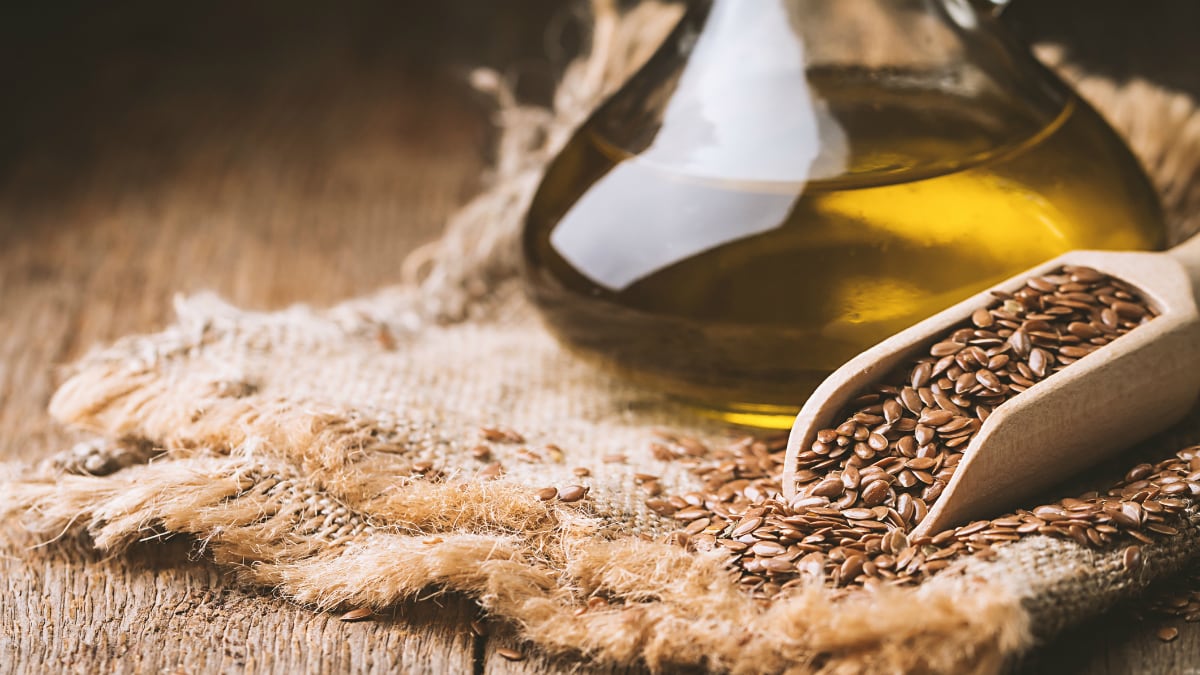1. Indian manufacturing restrictions
Restrictions on ingredients and manufacturing in India will be at the forefront of regulatory issues in the country’s nutraceutical and supplement industry, according to Sandeep Gupta, vice chairman of the Indian Drug Manufacturers' Association's (IDMA) nutraceutical committee and director of the Expert Nutraceutical Advocacy Council (ENAC).
A clause within the country's Food Safety and Standards (FSSA) Act — added based on an objection raised by the country's drug regulatory body, the Central Drugs Standard Control Organisation (CDSCO) — prohibits the manufacturing of multi-vitamin and mineral combinations in India.
Gupta told NutraIngredients-Asia: "As of now, such manufacturing is still allowed by an extended special order, but this order will expire by the end of December 2018. If nothing is done about this restriction, many flagship brands that have been in the industry for as long as two to three decades may have to pull out from the market.
"This clause needs to be removed, or modified to allow the manufacture of multi-vitamin and mineral combinations, so long as they are restricted to the RDA (recommended daily allowance). There needs to be a clear regulation regarding this."
He further said the clause in question was contradictory to the FSSA Act, which permits the manufacturing and formulation of RDA-compliant vitamins and minerals, and added that industry members were in dialogue with the FSSAI in an attempt to reach a conclusion.
He highlighted another clause that he said was 'limiting the industry': ingredients used in nutraceutical products must have a history of at least 15 years' usage in India, while the minimum usage period for imported ingredients is 30 years in their respective home countries — in addition to the 15-year requirement in India.
Gupta said, "Because of this, industry will lose out in terms of innovation. Are we going to sit on this regulation for the next 45 years before an imported ingredient is ready to be used in a supplement? This clause also contradicts industry's goal of global expansion."
"The FSSAI should consider permitting ingredients that have already been approved and classified by international regulatory bodies, like EFSA or the USFDA, as these organisations would have already thoroughly tested such ingredients and approved them as safe," he suggested.
2. Aussie and Kiwi infant formula standards and labelling rules to be further refined
The Australian and New Zealand infant formula market will see further reviews of and updates to its existing standards in the coming year.
There will be a review of follow-up formula standards under the Codex Committee on Nutrition and Foods for Special Dietary Uses (CCNFSDU), which recently its 40th international session in Berlin.
There will also be a consultation paper on infant formula coming out in the first quarter of 2019, under the FSANZ (Food Standards Australia New Zealand).
According to INC CEO Jan Carey, these actions will reinforce the reputation of Australia and New Zealand as renowned infant formula producers, especially in China, where consumers strongly favour products from these countries.
Carey told NutraIngredients-Asia: "Most of our members export to Asia, particularly China. Many have had their brands registered there, and in total, we have more manufacturing sites registered with the Chinese government, compared to companies from other countries — many of these have received renewed approval year after year."
She added that there would always be room for improvement in infant formula standards, as the product is constantly being researched to develop compositions that mimic breastmilk as closely as possible.
As such, the INC will be working on changing labelling rules for infant formula products made and sold in Australia and New Zealand.
Carey said: "Innovation always happens before regulation. Our standards were last reviewed about 10 years ago, and in that time, we've seen a number of new innovations, so we want to look at them and make sure the composition is the best it can be for children.
"Not all infant formula products are the same, so mothers need to be able to understand the differences between these products just by reading their labels.
"We therefore want to ensure that any non-mandatory ingredients are highlighted on these labels. For example if an infant formula product contains nucleotides or lutein, which are not mandatory but provide additional health benefits, we want those ingredients to be listed on the front of the packaging."
3. Mandatory fortification in India
The FSSAI will enforce mandatory fortification of milk and edible oils in the Indian state of Kerala from January 1 2019.
Milk and edible vegetable oil manufacturers are required to fortify their products with vitamin A and D from vegetable sources.
For each litre of milk, at least 770IU of vitamin A and 550IU of vitamin D would need to be added. For each gram of edible oil, at least 25IU of vitamin A and 4.5 IU of vitamin D would need to be added.
This fortification will help meet 15% to 30% of the daily requirement for these vitamins. This is done in accordance to the Food Safety and Standards (Fortification of Foods) Regulations, 2017.
The FSSAI explained that the move was meant to combat micronutrient deficiencies, especially in vitamins A and D across all age groups.
Pawan Agarwal, CEO of FSSAI, added that the standards for fortification are set by a scientific panel of eminent scientists and public health specialists who have decades of experience in the sector.
In view of widespread micronutrient deficiencies in India, Kerala Comissionerate of Food Safety (KCFS) joint commissioner K. Anil Kumar said that fortification was "very much necessary".
Some companies have already started to sell fortified milk.
An example is the Kerala Cooperative Milk Marketing Federation (MILMA), which said it would introduce fortified milk in the state starting from this month.
Fortified milk will be sold at the same price as existing milk products, it added.



